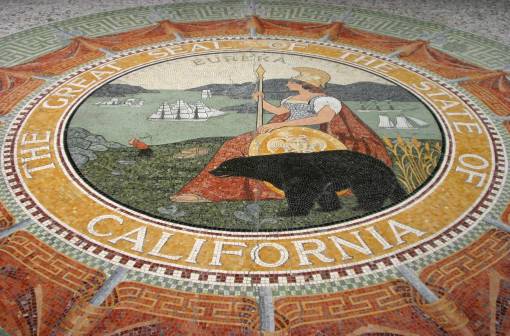New portal offers access to California GIS data cache

SACRAMENTO, Calif. — A San Francisco Earth imaging company recently unveiled a platform that gives public officials and developers alike access to a cache of geographic data about the state of California.
Trevor Hammond — a spokesman for Planet Labs, which released the new Open California archive — said it would allow users to glean information on a range of topics.
“This data, when analyzed, parsed and reviewed, could yield significant insights on California’s resources, agriculture, land use, urban growth and economy,” Hammond told StateScoop.
So far, Planet Labs has released a beta version of the platform. Hammond said the company would continue to improve the design and functionality of Open California, and update its data sets. Planet Labs gathers its information through RapidEye and Dove satellites that take pictures of the Earth’s surface.
In a blog post on the company’s website, Will Marshall, CEO of Planet Labs wrote that the data would be available under an open share-alike license, which would allow users to experiment, as long as they share what they’re working on.
“The goal is to provide a ‘sandbox’ for people to start developing and testing their apps on a stack of openly available imagery, with the goal of jump-starting a developer community; and collecting data feedback on Planet’s data, tools, and platform,” he wrote.
Looking ahead, Hammond said Planet Labs is working with companies and agencies to identify ways the data could be used.
“We’ll share those collaborations if and when they’re finalized,” he said.
Speaking generally, Teala Schaff, deputy director of external affairs and communication at the California Department of Technology, said open GIS data could help government officials make more informed decisions during natural disasters — like wildfires, floods or droughts.
“Data should drive government decisions,” Schaff said. “That way, we’ve got the facts to support where you’re going to put resources here or there.”






